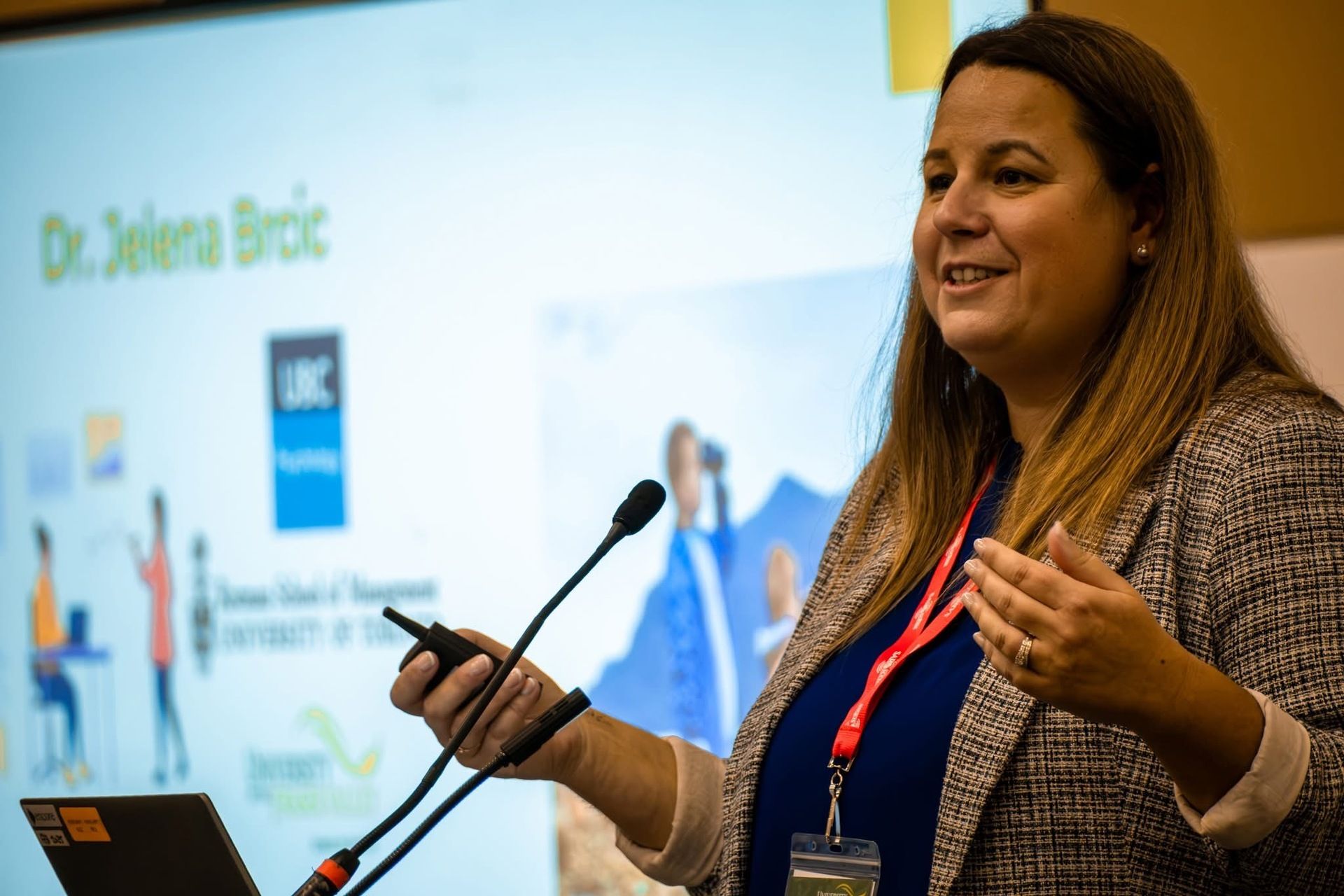
UFV's Dr. Jelena Brcic
A professor at University of the Fraser Valley has received more than $1.1 million for her research into long-term space missions. Funded by the Canadian Space Agency, Jelena Brcic’s research team will spend the next six years investigating how astronauts manage stress and find purpose in their work.
Brcic will work alongside researchers from McGill University, University of Toronto, and Brock University to understand how astronauts adapt psychologically to life off Earth—and how that could be used to understand mental health on it.
“We’ll track both the challenges astronauts face and the positive emotions—such as gratitude, compassion, and awe—that help them thrive,” Brcic said in a release.
They’ll work closely with astronauts who typically spend six months on the International Space Station. It’s a timely mission, given the revived plans to explore the Moon and other areas of space—there are even plans in the works for human missions to Mars.
Those far-off voyages will leave astronauts in tight corners for a long period of time, heightening stress and isolation. This happens to be Brcic’s expertise—she specializes in group cohesion in extreme environments, having led previous studies on astronauts, rescue groups, and mountaineers on Everest.
For this study, she’ll look at how groups navigate negative emotions and work through them. But it’s not all tough times—there’s plenty of awe, amazement and gratitude that comes with the work of space travel, and Brcic intends to study that too.
Being stuck on a space ship for months, or even years, is a dialled up version of the human experience, and the results of the study could help both astronauts and the rest of us terrestrials alike.
“These findings will also have meaning for people on Earth working in isolated or high-pressure environments, such as extremely remote healthcare workers, wildfire crews, search and rescue teams, and residents of long-term care facilities,” Brcic said.
“Our knowledge will offer scalable solutions that improve emotional well-being and allow for psychological growth. Some that will encourage early intervention to prevent burnout, depression, and anxiety in remote settings.”

